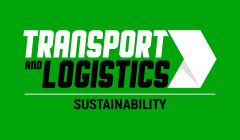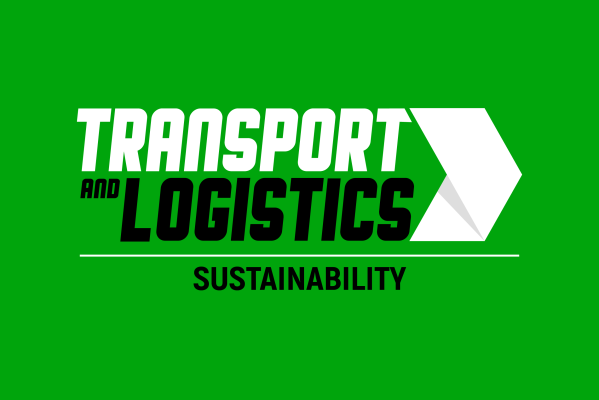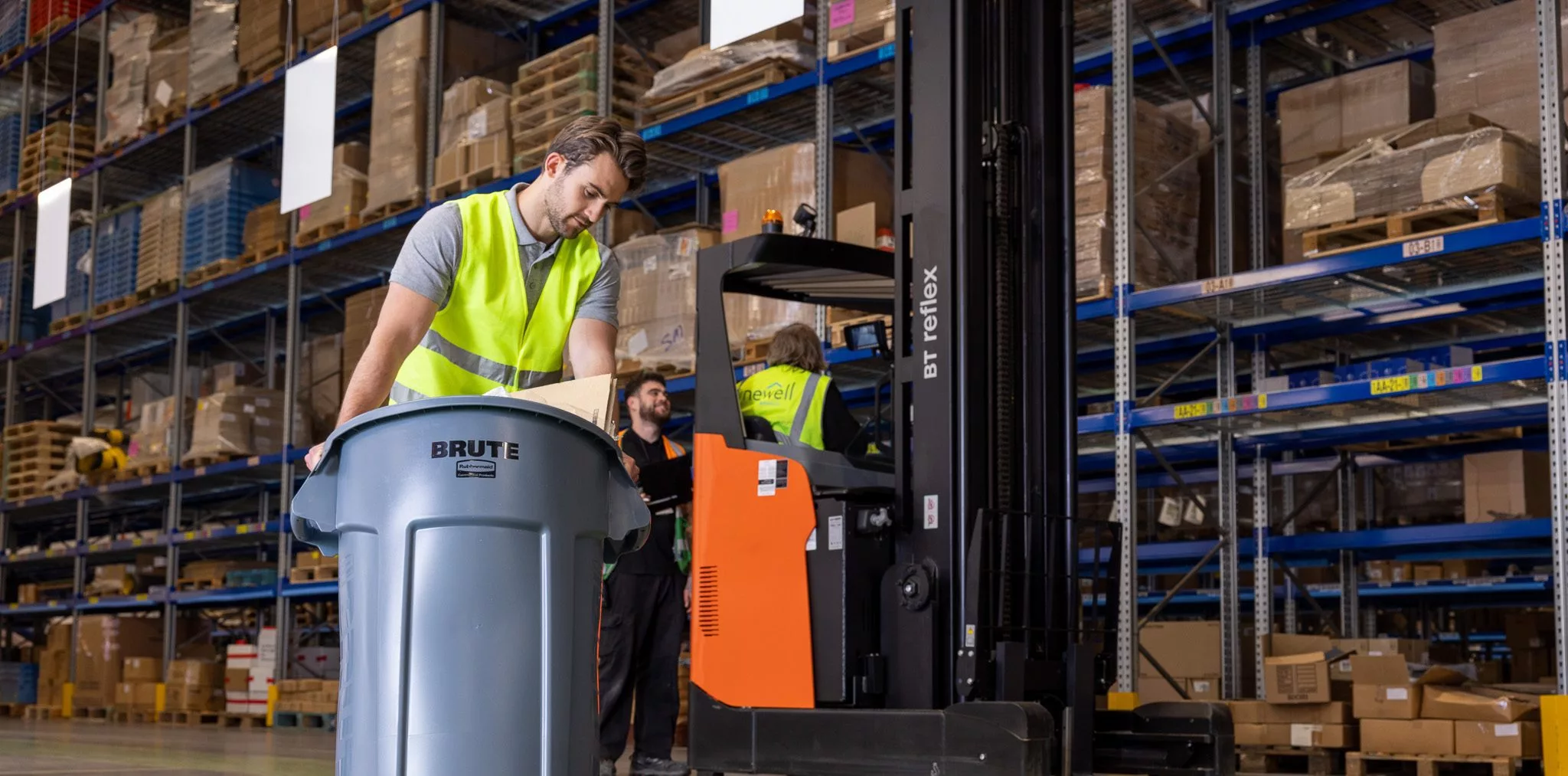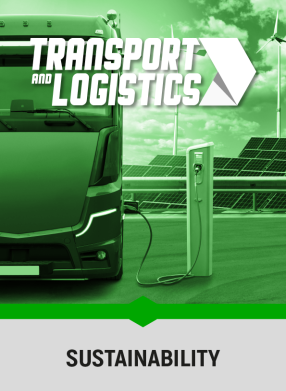For many warehouse and logistics firms, the desire to improve the sustainability of their operations has increased significantly in recent times, and with three quarters of businesses facing pressure from customers to improve their sustainability credentials1, there’s never been a better time to invest in the waste management systems at your facility. But with many purported ‘green’ solutions on the market, how can you be sure you’re making the most sustainable choice?
RECYCLED MATERIALS AREN’T THE ONLY ANSWER
For many, a lack of sustainable products is often cited as the number one barrier when it comes to improving their business’ sustainability credentials2 and this goes for reassessing waste management systems too. Opting for waste containers made from recycled materials may seem like the ‘greener’ option but often that’s not the case. Waste systems made from recycled materials suffer degradation over time3, creating less durable products that will be disposed of, or come round for remanufacture sooner. Considering that 96% of the global warming potential of a recycling container is during production4, this means not only a costly hassle for your facility but bad news for the planet too.
REDUCE COSTS AND ENVIRONMENTAL IMPACT
Choosing the right waste management systems could have both positive environmental and commercial implications for your warehouse. In fact, according to findings from Rubbermaid Commercial Products’ (RCP) latest Love Sustainability report Why Product Longevity is a Powerful First Step to Improving Commercial Sustainability, extending the lifecycle of passive products (products that do not require energy usage, or supplementary materials during their life cycle – like bins) reduces environmental impact by up to 72% and can reduce commercial cost by up to a third5. By investing in products that will stand the test of time, you can be confident you’re making a choice that will boost your sustainability credentials and prove economic in the long run.
TOUGH ENVIRONMENTS DEMAND DURABILITY
With tonnes of materials and goods being moved on an hourly basis it’s important that the waste management solutions used in warehouses and logistics facilities can support high volumes, are built to last and designed to move easily. When it comes to investing in your systems, prioritising durability is key to more efficient and more sustainable waste management. Choosing products that will stand the test of time – such as RCP’s iconic BRUTE® range – over cheaper, lower quality alternatives means buying better and wasting less – helping your business to protect budgets and boost sustainability credentials.
Sources:
- European Logistics & Supply Chain Sustainability Report, researched by Analytiqa
- RCP’s Love Sustainability report Why Product Longevity is a Powerful First Step to Improving Commercial Sustainability
- Material Degradation in Recycling Processes (section 3.1)
- Global Warming Potential from Production (section 4.2.2)
- The Benefits of Extending Passive Products Lifespans
____
Transport & Logistics – Driving The Industry Forward












